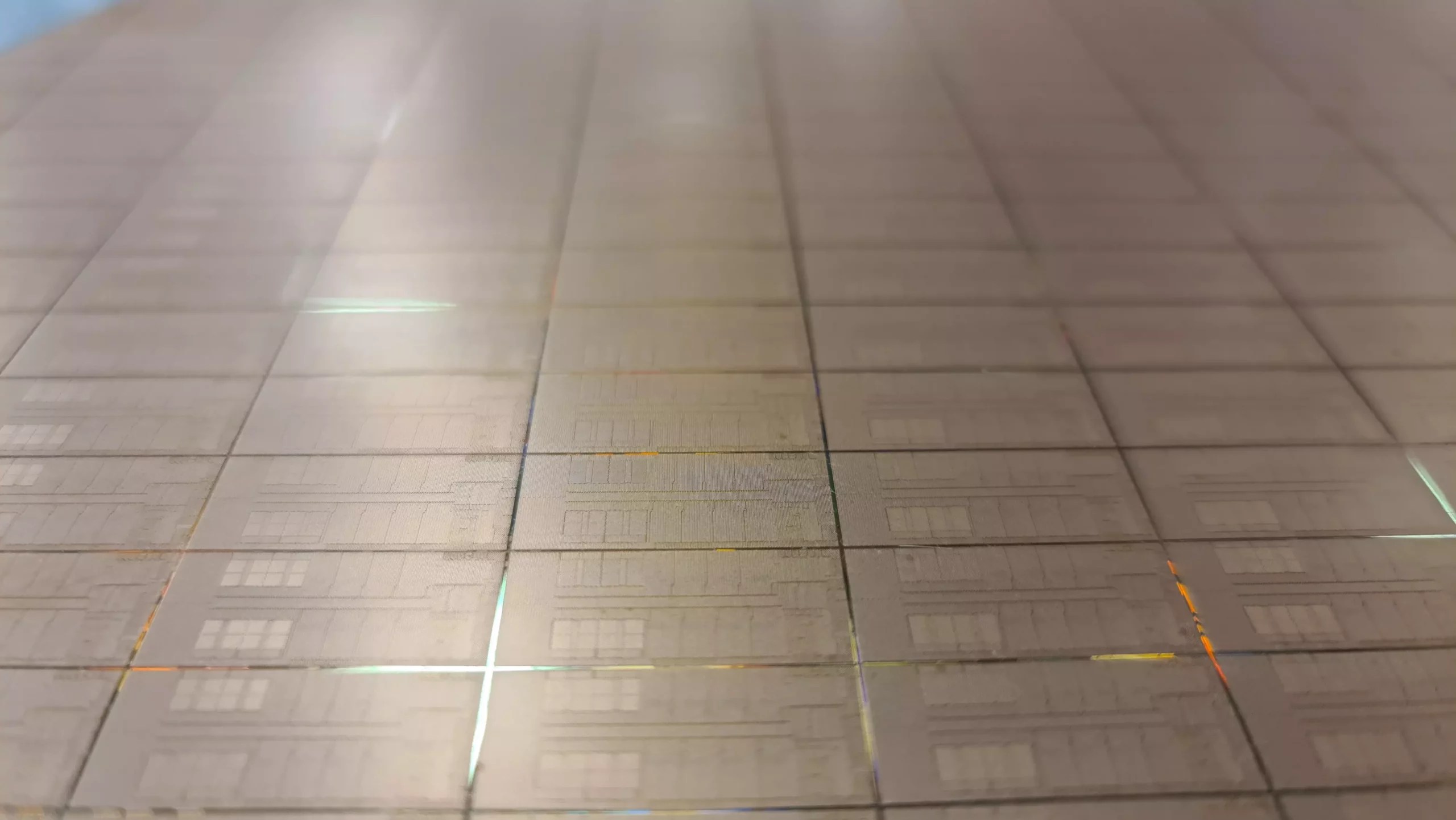In an intriguing development in the semiconductor industry, Intel has decided to divest 51% of its stake in Altera, a renowned maker of programmable logic devices, to the private equity firm Silver Lake. This partnership traces back to a collaborative spirit, as both companies have historically worked hand-in-hand on various technological ventures prior to Altera’s acquisition by Intel in 2015 for a whopping $16.7 billion. At this juncture, we must scrutinize the implications of this transfer and what it spells for Intel’s corporate strategy and Altera’s future.
While the $8.75 billion valuation of Altera following this deal might initially appear to signal a decrease in worth from Intel’s original acquisition price, we should consider the context. Selling half of a company for around $4 billion is no small feat, especially amid fluctuating market conditions. This decision reflects more than just dollar figures; it underscores Intel’s imperative to concentrate on its essential business operations amid an ever-evolving technological landscape.
Strategic Consolidation: The Focus on Core Competencies
Intel’s choice to retain a 49% stake in Altera ensures it retains a degree of influence in the decision-making process of a company integral to its ecosystem. The official narrative highlights Intel’s commitment to streamlining its focus—essentially recalibrating its business strategy to prioritize core competencies such as CPU manufacturing and data center solutions. In a world where semiconductor demand is skyrocketing, stepping back from Altera might seem counterintuitive, but Intel appears to recognize the necessity of allocating resources where they are most impactful.
This sentiment is echoed in many corporate strategies, where large tech entities find themselves reassessing their portfolios to better align with primary objectives. The shifting focus could also indicate that Intel is seeking more innovation and agility within its operations, opting to reduce its direct involvement with FPGA technology while still benefiting from the products and advancements that Altera can deliver through its innovative offerings.
Silver Lake: A Power Player in Tech Investments
Silver Lake’s acquisition marks one of its significant investments in recent years, demonstrating its keen interest in the technology sector. Well known for its ability to identify and nurture promising tech ventures, Silver Lake’s portfolio, which includes giants like Twitter and Airbnb, emphasizes a dual focus on innovation and profitability. The firm has a track record of injecting substantial capital into companies, enhancing operational frameworks while ensuring scalability.
It’s particularly noteworthy that Silver Lake is now poised to steer Altera towards a path of technical independence. As this marks a pivotal moment for Altera, we must closely monitor how this transition materializes and how much autonomy Altera will genuinely enjoy. The deal presents both opportunities and challenges; while independence can foster innovation, it also necessitates astute leadership, particularly with the recent appointment of Raghib Hussain as Altera’s new CEO. Hussain’s leadership will undoubtedly play a crucial role in determining the direction of Altera in its newly independent state.
The Future of Altera: Challenges and Prospects
As Altera embarks on this new chapter, its innovative potential as a standalone company will be keenly scrutinized. The decision to maintain a degree of control via Intel’s remaining stake may spur collaboration, but it also raises questions about potential conflicts regarding strategic direction and product development. Will Altera thrive independently, or will its former parent company’s influence stifle its growth potential?
Compounding these uncertainties is the broader context of the semiconductor market itself, which is marked by increasing competition and rapidly evolving technologies. Companies have to remain agile and proactive in adapting to market demands—failing to do so could jeopardize their relevance. As Altera works to carve out its niche in this complex landscape, under the watchful eye of both Silver Lake and Intel, its agility—and the effectiveness of its leadership—will be paramount.
As the semiconductor industry stands at the cusp of technological revolution, Intel’s decision to offload a majority stake in Altera may ultimately reflect a much broader trend towards specialization and focused growth in tech. Observers and stakeholders alike will be eager to see how this new alignment unfolds and what it signifies for the future trajectories of both Intel and Altera. The shifts within the semiconductor realm are just beginning and will likely redefine existing paradigms in tech innovation and collaboration.


Leave a Reply